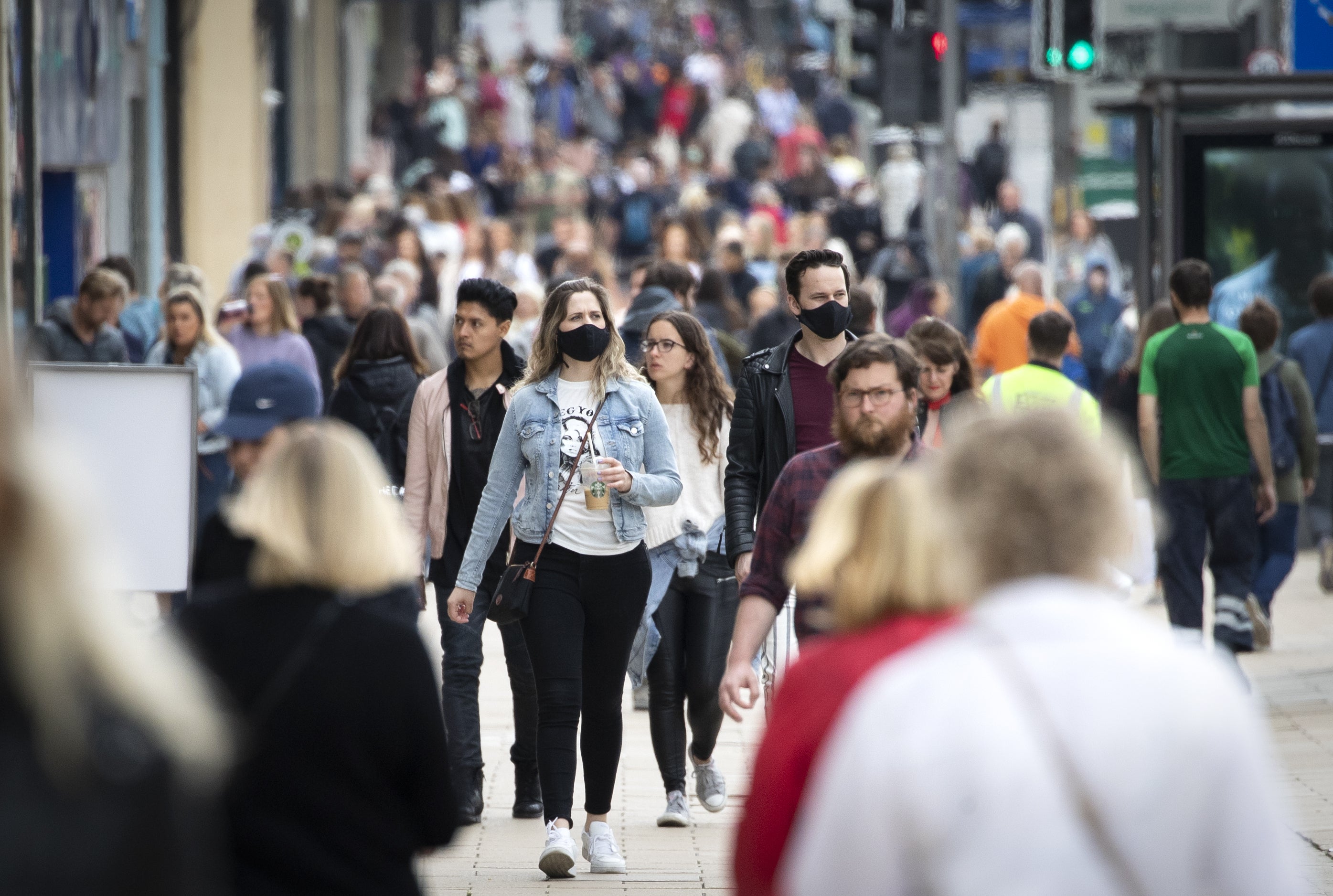What the biggest cost of living rise in decades means for your finances
From energy hikes to price rises across the board, our purse strings are about to be stretched to their limits, writes Rebecca Goodman

A barrage of price rises will come in on 6 April putting even more strain on our budgets and household finances.
We’re facing one of the toughest economic periods in decades and most predictions are that things are only going to get worse.
Around 600,000 are expected to be pulled into poverty, of which a quarter are children, according to the Joseph Rowntree Foundation.
Inflation is soaring, rising 6.2 per cent on average. It’s only set to soar further, with the war in Ukraine and rising energy prices pushing it up to almost 9 per cent by the end of the year, according to the Office for Budget Responsibility.
Energy bills are due to rise again, from £1,277 to £1,971, on 1 April. For those with a prepayment meter, prices will rise to an average of £2,017, from £1,309.
To add to the list, there’s also petrol at record highs, rising food prices, and just about anything else you can think of.
But wages aren’t keeping up with these hikes and for those on low incomes, or receiving benefits, there’s no extra money to make up the shortfall. Already, reports have shown people are turning to credit to pay for everyday essentials which is only worsening the problem.
There are calls for the government to do more yet the response so far has been anything but reassuring.
In December the taper rate for those who receive a work allowance through universal credit was lowered, allowing more people to claim the benefit.
But around 1.3 million people who are eligible for universal credit, which is worth up to £7,300 a year, aren’t claiming it according to research from the New Economics Foundation. It says the system is too complicated and needs to be simplified so it works more like our tax system whereby payments are automatic.
A change to income tax and the rising national insurance threshold, along with doubling the household support fund, are all welcome announcements from the Spring Statement, but they’ve been criticised for falling woefully short of the kind of action that is needed.
We’re in a situation now where the poorest people are suffering the most and are being bombarded with further price rises and no way out or extra help. Action from the government suggest to me that this group are, at best, being ignored, and, at worst, purposely excluded.
In fact, the Joseph Rowntree Foundation says families in poverty will be £446 worse off per year. For those households with people not in work this rises to £465.
Dave Innes, head of economics at the Joseph Rowntree Foundation, said: “We can’t build a strong or secure economy by weakening the incomes of the poorest. With benefits reaching their lowest level in real terms since 1985, the chancellor had ample opportunity with his increased headroom to uprate them in line with inflation to protect those most at risk.
“Make no mistake – this dire situation will leave millions in despair as a direct consequence of the chancellor’s irresponsible choices”.
The main problem, according to the Institute of Fiscal Studies (IFS), is that the combination of tax cuts and rebates are not enough to offset the fall in real earnings or the fact we’re about to experience the biggest hit to real disposable income per household since the Fifties.
A simple way to help lower-income households would have been to increase their benefits in line with the actual rate of inflation, not the 3.1 per cent rise due in April. Even during the pandemic a £20 weekly uplift was introduced, so why now when the economic situation is even worse is something similar not being considered.
Paul Johnson, director of the IFS, says: “His choice to increase NI rates and reduce the basic rate of income tax looks indefensible from an economic point of view, though one can see the political attractions.
“He is sharing the inevitable pain of continued bad news between public services and taxpayers, with benefit recipients suffering in the short term. He had tough decisions to make. Other choices were available.”
There are few solutions for many low-income households. The first step for those not receiving benefits is to check what they are eligible for. There are free calculators online, such as at the charity Turn2Us, which can quickly show you what you might be able to apply for.
The other limited options include turning to food banks, applying for help via a local council from the Household Support Fund, contacting energy providers to see if grants and discounts are available, and approaching debt charities such as Step Change, which offers independent and confidential advice.
Join our commenting forum
Join thought-provoking conversations, follow other Independent readers and see their replies
Comments
Bookmark popover
Removed from bookmarks